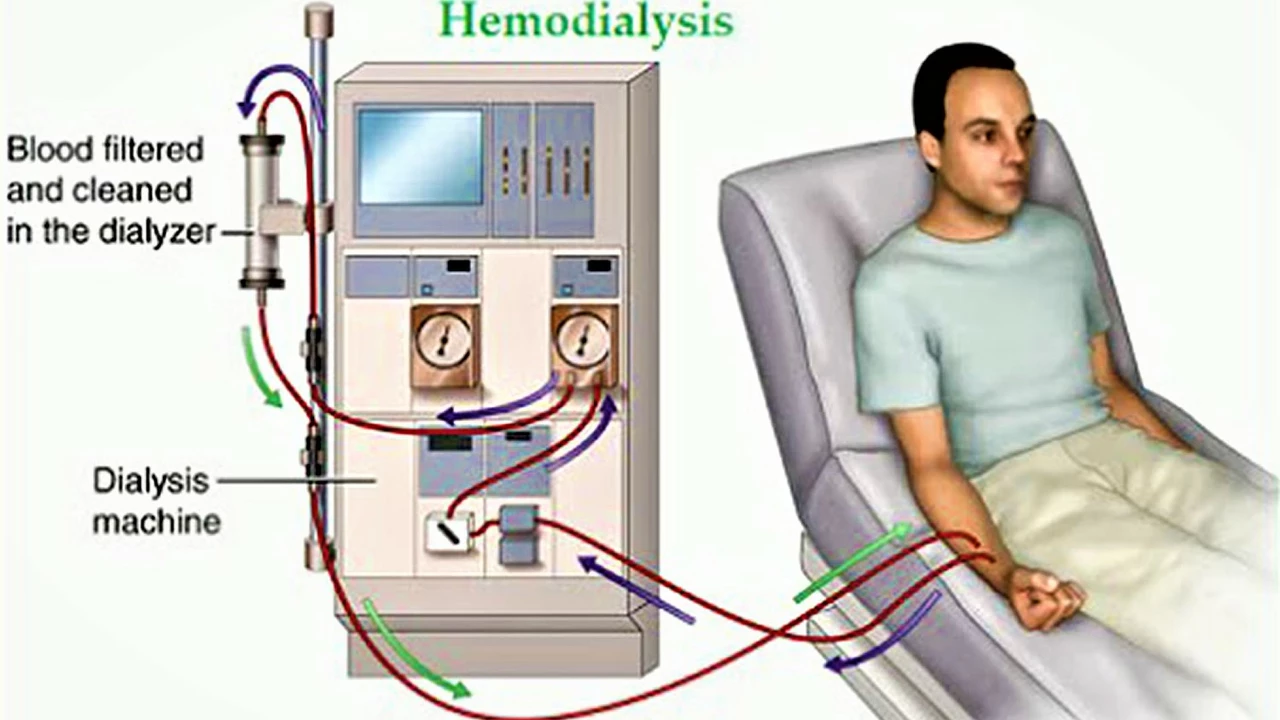Dialysis Treatment: Managing Kidney Failure Effectively
Dialysis treatment helps people whose kidneys are no longer able to clean their blood well enough. When kidneys fail, toxins and extra fluids build up in the body, which is dangerous. Dialysis steps in to do the job your kidneys used to do, helping keep your body balanced and healthy.
What Is Dialysis and How Does It Work?
Basically, dialysis is a medical process that removes waste, extra salt, and water from your blood. Your body needs this cleanup to avoid swelling, high blood pressure, and dangerous toxin levels. There are two main types of dialysis: hemodialysis and peritoneal dialysis. Hemodialysis uses a machine and a filter to clean your blood outside your body, usually done several times a week at a clinic. Peritoneal dialysis uses your belly lining as a natural filter and can be done at home, sometimes even while you sleep.
Both types are designed to replace kidney function but work differently and fit different lifestyles. Your doctor will help you choose the best option based on your health, schedule, and personal preferences.
What to Expect During Dialysis Treatment
Starting dialysis can feel overwhelming. The process takes time and requires adjustments in your daily routine. Hemodialysis sessions typically last about 3-5 hours, and you’ll need to go to a treatment center or have a specialized machine at home. Meanwhile, peritoneal dialysis is more flexible but requires you to manage treatments yourself after proper training.
It’s normal to feel tired and have side effects like low blood pressure or muscle cramps during dialysis. Regular checkups and good communication with your healthcare team help keep these issues in check. Also, diet and fluid intake become more important because your kidneys can't regulate fluids and minerals like before.
Knowing what dialysis treatment involves prepares you mentally and physically. It empowers you to take charge of your health, ask questions, and work closely with your doctors. Living with kidney failure isn't easy, but dialysis is a life-saving tool that gives you a fighting chance.

